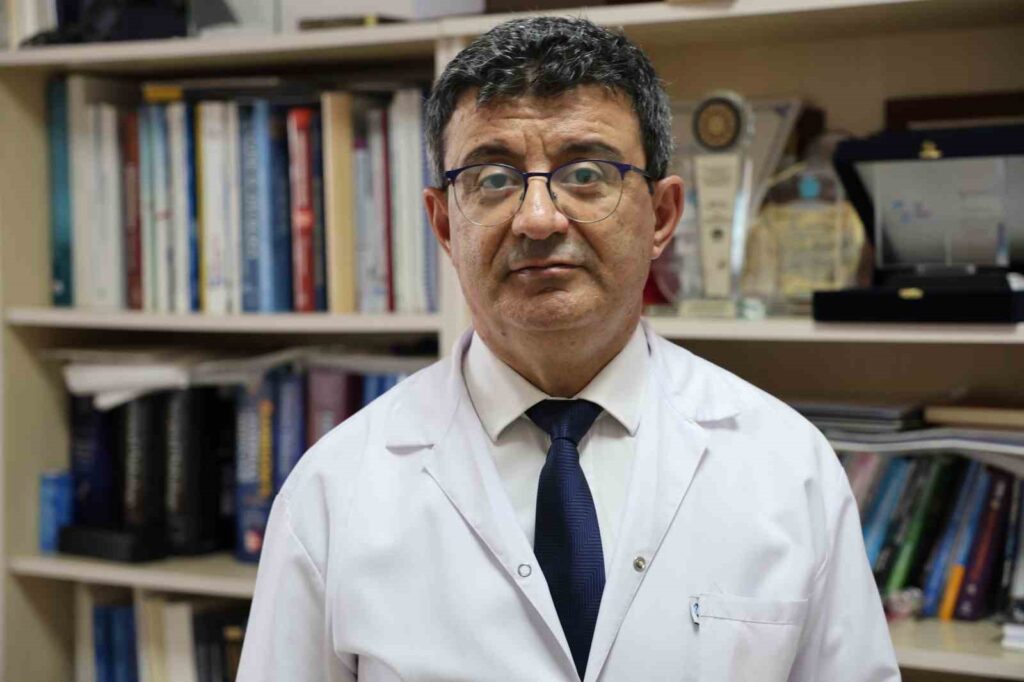In Turkey, 21 million tons of milk are produced annually
National Milk Council (USK) visited dairy companies in Izmir and surrounding provinces within the framework of June 1 World Milk Day. The National Milk Council conducted the second of its regional visits in Izmir and Manisa. Dairy industry representatives in the region discussed milk…

National Dairy Council (USK) visited dairy companies in Izmir and surrounding cities within the scope of June 1 World Milk Day. The National Dairy Council conducted its second regional visits in Izmir and Manisa. Visiting dairy industry representatives, milk producers, feed factories, and farms in the region, USK met with sector stakeholders in Tire on World Milk Day on June 1. The Chairman of the National Dairy Council Research Advisory Board, Prof. Dr. Nevzat Artık, stated, ‘Approximately 940 million tons of milk are produced worldwide. With our production of 21.5 million tons, we rank high both in Europe and globally. We have a large ecosystem that exports dairy products to more than 100 countries every year. In addition, our industry faces some challenges. We gathered to discuss these challenges, find solutions, or communicate them to the relevant authorities.’ Providing information about raw milk trading, Artık emphasized, ‘We are in a period where there is an abundance of raw milk supply due to seasonality in milk production. On the other hand, our exports of products such as milk powder and whey powder significantly decreased last year due to international prices. We also observe that our industrialists have not achieved the expected increase in domestic sales. The abundance of raw milk and the increase in supply during these periods, along with the inability to support demand through exports and domestic sales, disrupts the supply-demand balance in raw milk. Our industry is not unfamiliar with this market atmosphere. Raw milk supply increases almost every year during these months.’ Artık highlighted that during periods of milk abundance, dairy producers produce milk powder to prevent farmers from being harmed, adding, ‘The sector regulates itself during these times. Our dairy industry stocks milk by producing milk powder even if it is not needed to prevent farmers from being harmed. However, the private sector’s power is limited, and it requires public power at a certain point. During these periods, the intervention of the market through the Meat and Milk Institution (ESK) is crucial. The current expectation of the sector is for ESK to purchase the excess milk from the market, as it did in previous years, produce milk powder, and reintroduce it to the market when milk supply decreases.’ USK ADK member, Bursa Uludag University Faculty of Veterinary Medicine Professor Dr. Hakan Üstüner participated as a guest on a TV program held in Izmir with his presentation. USK ADK members informed the sector and consumers about the relationship between milk and health, misconceptions about milk and its products, and export issues related to milk and its products. In this context, Üstüner emphasized the challenging work of all milk-producing farmers and the significant effort involved in the journey of milk from the farm to the table, stating that awareness should be created on this occasion of World Milk Day. In line with the decision of the Food and Agriculture Organization of the United Nations (FAO), June 1 is recognized as World Milk Day, and the week including June 1 is designated as World Milk Week. World Milk Day is celebrated with various activities in different countries every year to increase awareness of the importance of milk for human health and to draw attention to the contributions made by the sector.







